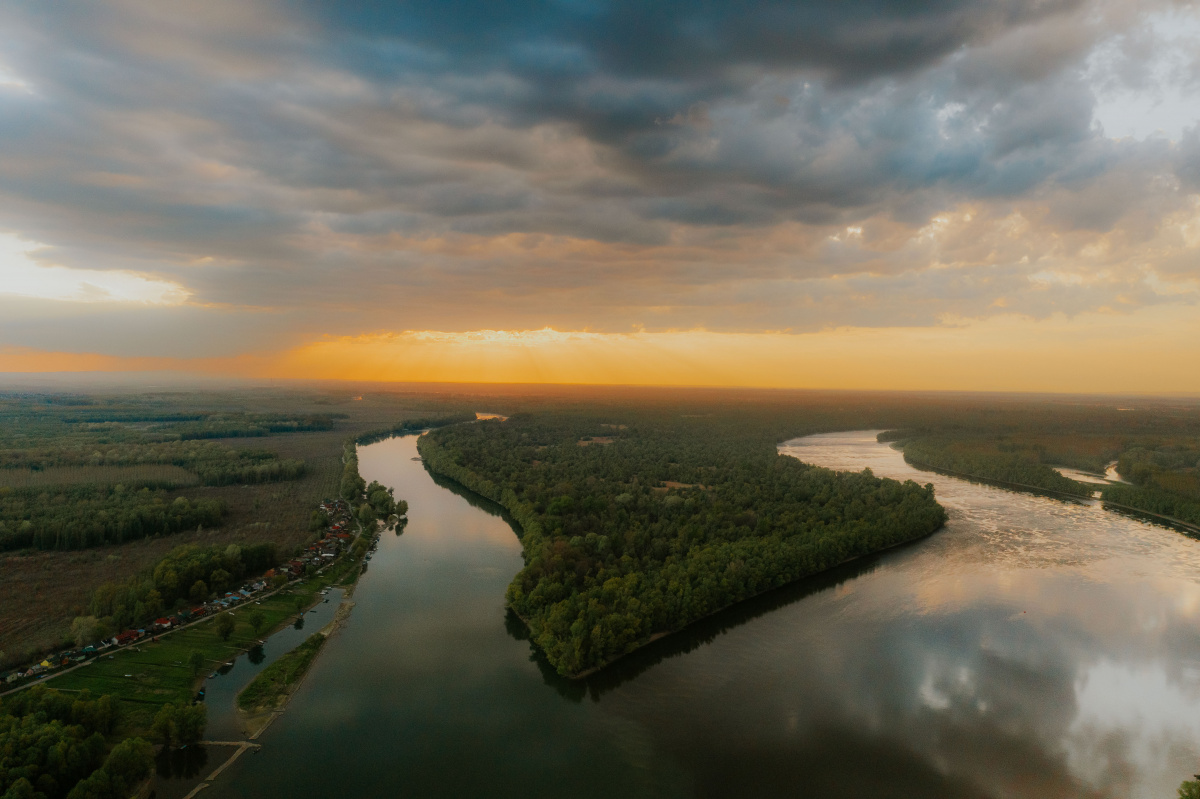Innsbruck Nature Film Festival promotes art and nature education to a diverse audience
The 21st edition of Innsbruck Nature Film Festival (INFF), in partnership with the IUCN Commission on Education and Communication (CEC), took place in Tyrol, Austria between October 15-18, 2022. IUCN CEC member and INFF Founder & Director, Mr. Johannes Kostenzer and IUCN CEC Regional Vice Chair for West Europe, Diana Garlytska, sought to further the objectives of the Commission and expand the reach of the #NatureForAll movement.

#NatureForAll is a global movement to inspire love and action for nature. It is founded on the knowledge that the more people experience, connect with, and share their love of nature, in all its diversity, the more support and action there will be for its conservation.
Arts and culture policies and programs that promote the integration of culture and nature to develop a sense of oneness with nature while celebrating stories of connection and healing is one of the key recommendations included in the IUCN Commission on Education and Communication (CEC)’s strategic document: #NatureForAll Ecological Pathways to Change: 2021 and Beyond.
In this line, while films were at the heart of the festival programme, the Innsbruck Nature Film Festival (INFF) had more to offer. Guests could participate in guided tours to the Alps to learn about and observe local wildlife. Along with numerous art works made of recycled materials, the Alpine Gene Bank samples of wheat were exhibited in the cinema hall of the Festival venue to tell the story of the biodiversity of the crops in the region. The program also included several workshops on producing nature documentaries and creating green digital stories, including one delivered by Diana Garlytska, CEC Regional Vice Chair (RVC) for West Europe, presenting the Nature Storybook Toolkit.
Since every film was followed by a Q&A with the movie director and/or crew, the audience could engage in discussion to more deeply understand the challenges of nature conservation in specific geographic locations, the peculiarities of life cycles of various species, and associated environmental challenges, including wood logging, coal mining, extinction of species, and climate change, among others.
“Throughout all the four days of the INFF one could strongly feel that ‘Love for Nature’ was its central narrative, be it on the screen of the cinema hall, in movie theatre hallways or outdoors: the city of Innsbruck is set among beautiful alpine nature,” said Diana Garlytska.
Arts for nature conservation
Arts not only offer an effective toolbox of multiple forms, but also make it an accessible experience for audiences of various demographics and backgrounds. The power of culture and art is in allowing one to comprehend the piece, be it a film, painting, sculpture, music or other, at so many different levels regardless of one’s technical expertise, knowledge on the topic or life experience. The diverse public of the festival – from film industry experts to general public composed of both Innsbruck citizens and foreign guests, and representing everyone from seniors to students – all could find something to their taste. The festival’s film repertoire consisted of long and short films, including animation.
A transformative experience with a strong educational element
Transmedia allows access to all kinds of nature in an immersive way. For the price of a cinema ticket an individual can experience a transformative educational experience. People get insights on the life of flora, fauna and natural systems that they would otherwise not have access to in the geographic areas they live in. When watching a nature documentary, people embark on an imaginary journey to a remote place that is emissions-guilt-free.
"When one thinks of re-imagining nature conservation as well as education and communication, art can be the answer,” said Diana Garlytska.

